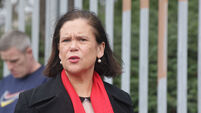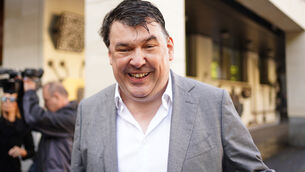Let’s look at the nuclear option, but spare us the scientific snobbery
From the IT expert who asks if you’re sure the computer is plugged in, to the car mechanic who claims such a defect could never have occurred under best driving practice, their message is crucifyingly clear: “You have no idea how this thing works, which puts you completely at my mercy, and I’m not going to entertain your inane questions, ignorant observations or fanciful fears”.
Sadly, we’ve already had a taste of this in what are only the very early days of the inevitable debate over nuclear power in Ireland. Dr Ed Walsh, a founder of the University of Limerick, was doing all right on this touchy subject, up to a point.














